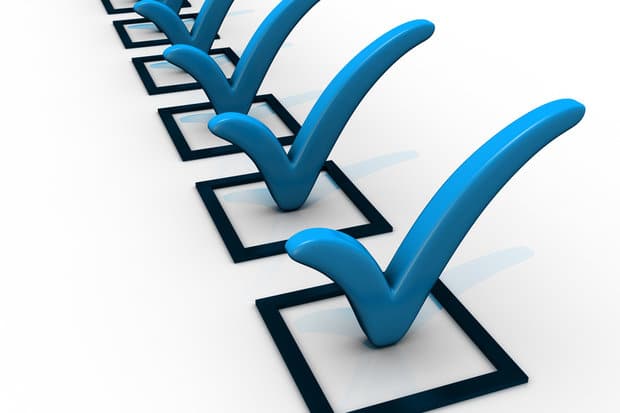An Insight to Plan Your Estate

An Insight to Plan Your Estate
“In this world nothing can be said to be certain, except death and taxes,”
Benjamin Franklin once wrote in a letter.
Shape these words as it true not in 20s but imperative since 1700s.
Money is important, the amount you earn before or you leave it after death. So plan your Estate in a well organized process which can reduce inevitable uncertainties in life.
Now a question can arise in your mind that why you need to do this?
Estate planning can make the situations less harrowing, if you have automated information and plan from beforehand you don’t need to fight to secure your own property in courts with your loved ones. Those insurance policies don’t get remunerated out to previous conflagration, and helps to sustain status quo until you recover and take back the previous positions.
An estate planning checklist is stated below to assemble and systematize your real-estate paperwork, to trap all the information you need, document contact information for your financial advisor and identify all the loop holes an fix it in your plan.

Estate planning involves the wills, trusts, beneficiary designations, advance directives, property ownership, and powers of attorney.
- Wills
You require a valid will by maintaining following decisive factor, if you have young children and would like to make verdict of who will take care of your property after death then this becomes an important factor.
- You should be at least 18 years of age, as defined under the laws of your
- It has to be executed according to your state law.
- The person has to have sound brain during the preparation of will.
- It has to be signed, scheduled and witnessed by number of people required under the laws of state.
- You must have a fair knowledge about your own property.
Wills can be of three kinds:
Typewritten or witnessed will, holographic will, nuncupative will.
State law should confer to determine the types of wills that are considered valid within the state.Trusts
2. Trust
is used to plan an estate, to direct the allotment of assets in the name of the person who creates it. These can be beneficial to the disabled children or the minor ones. A trust fund is kept under the care of dependable administrator, who handles the trust until a stipulated time, such as when beneficiary comes of an age or upon the death of the concerned person.
3. Beneficiary designation
It is important to assign a beneficiary when you open a new account or attain a new insurance policy. This is an important part of your plan. It allows simplifying the asset and makes sure that it is transferred to the beneficiary of choice. Certain types of trust provision can provide for the supervision of wealth for numerous generations past the settler.
4. Advance directives
Managing your affairs has become quite difficult and complicated involving health care and personal finances, which can arise in any point of your. A health care proxy will help you to appoint agent to make health care decision on your behalf in the moment of incapability.
5. Power of attorney
When you are ill or incapacitated you need someone to assist you in paying bills, making investment decision or for managing other financial management. The person who will tackle all the responsibilities is called agent and all your demands are documented by him. There are several types of financial powers of attorney:
- Limited power of attorney, general power, durable power and tax power.
6. Advance directive
It essentially combines a living will and a health care power of attorney in one document. This will indicate your health care preferences as well as an agent to make additional decisions if your health deteriorates.
7. Probate
It is process for distributing property after death. The first step in probating an estate is to locate all of the decedent’s estate planning, recognized and added important papers.This may include information about the decedent’s assets including bank and brokerage statements, stocks and bond certificate, life insurance, corporate records, information about debts and bills, credit, mortgages, loans and medical bills.
8. Probate avoidance
In modern day times there are certain probate avoidance process which includes; revocable living trusts, joint ownership of assets, naming death beneficiary and purchasing life insurance.
These are all the all ideas that can save you from harrowing troubles in near future with your property. For further help contact us.




